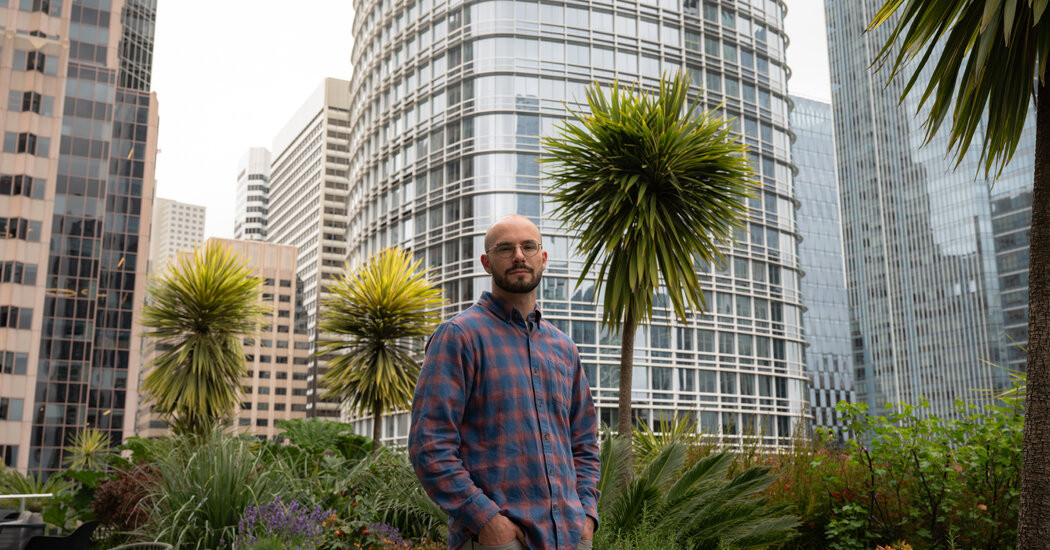

As artificial intelligence systems become smarter, one A.I. company is trying to figure out what to do if they become conscious.
One of my most deeply held values as a tech columnist is humanism. I believe in humans, and I think that technology should help people, rather than disempower or replace them. I care about aligning artificial intelligence — that is, making sure that A.I. systems act in accordance with human values — because I think our values are fundamentally good, or at least better than the values a robot could come up with.
So when I heard that researchers at Anthropic, the A.I. company that made the Claude chatbot, were starting to study “model welfare” — the idea that A.I. models might soon become conscious and deserve some kind of moral status — the humanist in me thought: Who cares about the chatbots? Aren’t we supposed to be worried about A.I. mistreating us, not us mistreating it?
It’s hard to argue that today’s A.I. systems are conscious. Sure, large language models have been trained to talk like humans, and some of them are extremely impressive. But can ChatGPT experience joy or suffering? Does Gemini deserve human rights? Many A.I. experts I know would say no, not yet, not even close.
But I was intrigued. After all, more people are beginning to treat A.I. systems as if they are conscious — falling in love with them, using them as therapists and soliciting their advice. The smartest A.I. systems are surpassing humans in some domains. Is there any threshold at which an A.I. would start to deserve, if not human-level rights, at least the same moral consideration we give to animals?
Consciousness has long been a taboo subject within the world of serious A.I. research, where people are wary of anthropomorphizing A.I. systems for fear of seeming like cranks. (Everyone remembers what happened to Blake Lemoine, a former Google employee who was fired in 2022, after claiming that the company’s LaMDA chatbot had become sentient.)
But that may be starting to change. There is a small body of academic research on A.I. model welfare, and a modest but growing number of experts in fields like philosophy and neuroscience are taking the prospect of A.I. consciousness more seriously, as A.I. systems grow more intelligent. Recently, the tech podcaster Dwarkesh Patel compared A.I. welfare to animal welfare, saying he believed it was important to make sure “the digital equivalent of factory farming” doesn’t happen to future A.I. beings.